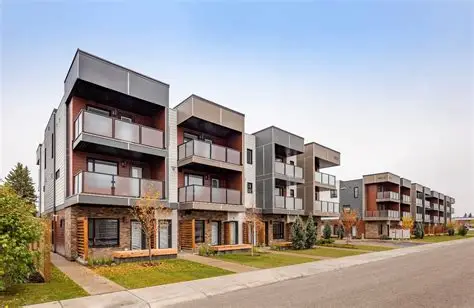Affordable housing is one of Nigeria’s biggest challenges. It is also the nation’s greatest opportunity for reform. Millions of people cannot afford safe, decent homes. Yet solving this crisis would improve health, reduce poverty, and boost the economy.
Nigeria has a housing deficit of more than 20 million units. Some estimates place it at 28 million. In Lagos alone, the shortfall is 3.4 million units, even after 2.5 million homes were delivered since 1978. To catch up, the country needs to build at least 550,000 housing units every year for the next decade. Right now, the actual number-built falls far below that target. Most of the houses that are built are too expensive for ordinary Nigerians.
Housing is more than just shelter. It impacts every part of life. Families in safe homes have better health. Children in stable housing perform better at school. Workers in affordable homes are more productive. Every new house built creates jobs and supports local industries. Affordable housing reform is not only social policy. It is an economic growth strategy.
Despite the need, affordable housing has not been unlocked. Several barriers stand in the way. Mortgage rates are high, and most Nigerians cannot qualify. Many construction inputs are imported, making homes more expensive. Land titles are slow, costly, and tied up in bureaucracy. Developers build luxury homes while low-income families are ignored. Projects are often abandoned halfway.
There are some positive steps. The National Social Housing Fund aims to provide homes for low-income families. Public-private partnerships are being promoted. Local building materials and modular designs are gaining attention. Policymakers now stress that housing projects must match real demand. These efforts are promising. But they need scale, consistency, and political will.
Nigeria’s population is rising fast. It could exceed 240 million in a few years. Without reform, the housing deficit will keep growing. But if affordable housing is prioritized, the benefits will be huge. Poverty will reduce. Slums will decline. The economy will expand. Cities will become healthier and safer. The way forward is clear: simplify land access, improve financing, incentivize developers, and put affordability at the center of policy.
Affordable housing remains Nigeria’s greatest untapped reform. It is not only about shelter. It is about building stronger families, better cities, and a more stable economy. The challenge is big, but the opportunity is bigger. The time to act is now.



